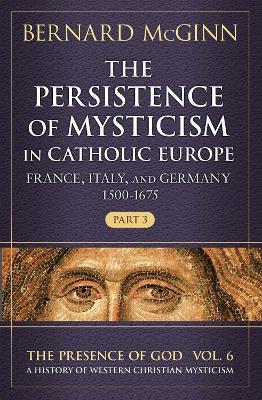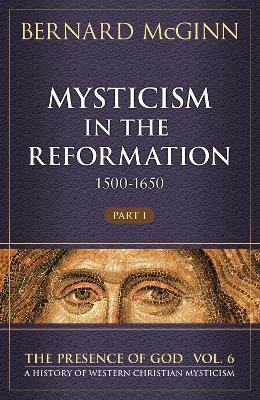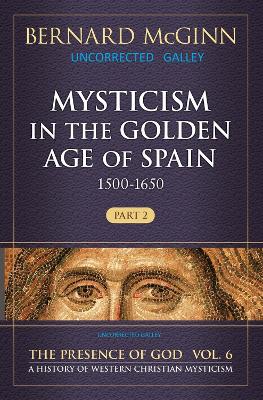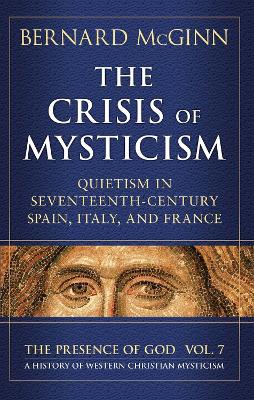The Presence of God
4 total works
The Persistence of Mysticism in Catholic Europe is intended to complete the account of Early Modern mysticism of the period 1500-1650/1675 found in the Volume VI of The Presence of God. VI, Part 1 dealt with mysticism in the Reformation, while VI, Part 2 treated Spanish mysticism. This volume deals with the other Catholic areas, concentrating on France.
Mysticism in the Reformation, Part I of Volume 6 of The Presence of God Series, is the first full account of the role of the mystical element of Christianity in the Reformers who broke with Rome in the period 1500-1650. Although some modern Protestant theologians tried to distance the Reformation from any contact with mysticism, recent scholarship, by both Protestants and Catholics, has shown that Protestant mysticism is an important part of the heritage of the Reformation. After an ""Introduction"" surveying modern disputes about the nature of the Reformation and the Catholic reaction to it (both Catholic Reform and Counter-Reformation), Chapter One deals with how the pioneering Reformers Martin Luther and John Calvin reacted to the heritage of Christian mysticism, concentrating on Luther's complicated relation to mystical traditions. Chapter Two turns to the role of mysticism in select ""Radical Reformers"" of the sixteenth century, who created models of interior mystical religion that continued to have an effect over the centuries. Chapter Three analyzes the writings of the two most famous Lutheran mystics of the early seventeenth century, Johann Arndt and Jacob Boehme, whose impact in later Western religious traditions has been both powerful and controversial. Finally, Chapter Four considers the significance of mysticism in the English Reformation, both among those who accepted the Elizabethan Settlement that established the Anglican Church, as well as with the dissident Puritans who rejected it.
Mysticism in the Golden Age of Spain (1500-1650) provides the single most thorough history of the influence of Spain on Christian mysticism during the Reformation. Serious church scholars and students of church history and mysticism will make this volume an essential part of their library. It is the 7th installment in the Presence of God series, which has been acknowledged by both the review media and the academy as the most important and comprehensive series devoted to the Reformation. It is a complete treatment of the subject, including extensive notes and references. Unlike general histories that have been written about the Reformation, McGinn's volume is rich in detail and provides a fascinating and intelligent review of mysticism in early Spain.
The Crisis of Mysticism is the first book in English in seventy years to give a full account of the struggle over mystical spirituality that tore the Catholic Church apart at the end of the seventeenth century, resulting in papal condemnation of some mystics and the decline of mysticism in Catholicism for almost two centuries.



